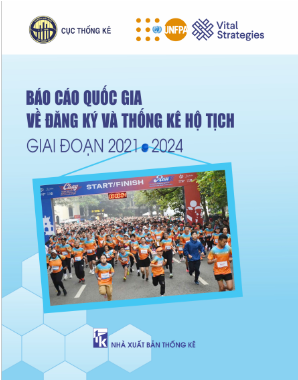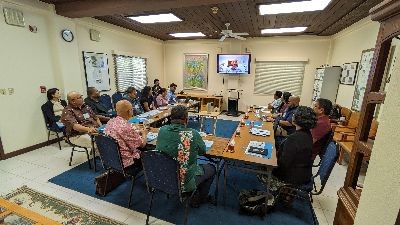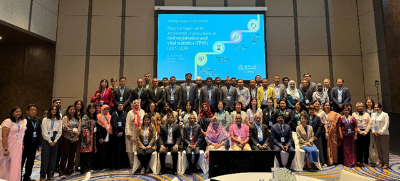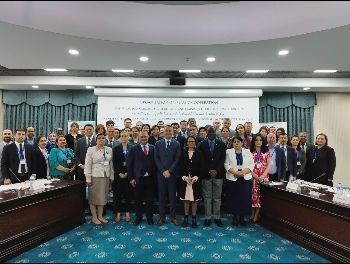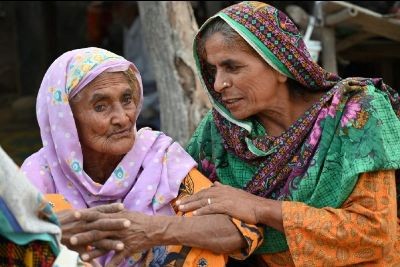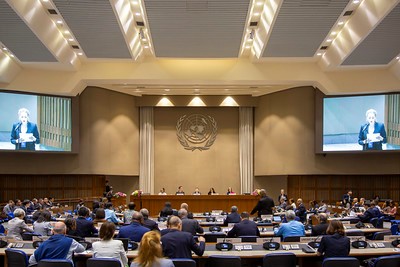(Newsletter: CRVS Insight September (2) 2022)
This side event will be held on 30 September (10:00-11:00, UTC+7) during the third Ministerial Conference on Regional Economic Cooperation and Integration in Asia and the Pacific, Bangkok and Online.
Digital identity is a set of electronically captured and stored attributes and credentials that can uniquely identify a person when interacting with government and private services and the digital economy. Digital identity systems are underpinned by mechanisms which verify and authenticate an individual’s personal data and require strong legal frameworks to uphold data protection, security, privacy and consent. Historically, governments have operated primarily foundational ID systems which are created to provide identification to the general population for a wide variety of transactions and which can be digitized or paper-based.
Providing documents and records for individuals to establish their legal identity is an important element of the 2030 Agenda for Sustainable Development, explicitly so in target 16.9. Governments in Asia and the Pacific are implementing civil registration and vital statistics systems underpinning identity management systems to issue national identity cards and numbers as well as digital credentials for establishing uniqueness and enabling secure identity verification.
Full inclusion in digital identity systems is essential to facilitate access to the benefits and protections of the State. As services increasingly transition to digital, disparities in coverage of hard to reach and marginalized populations can further compound disadvantages and exclusion and deepen the digital divide.
During this side event, experts from Singapore, Australia, Armenia and Microsoft will share their experiences with digital ID.
Registration link is here.




